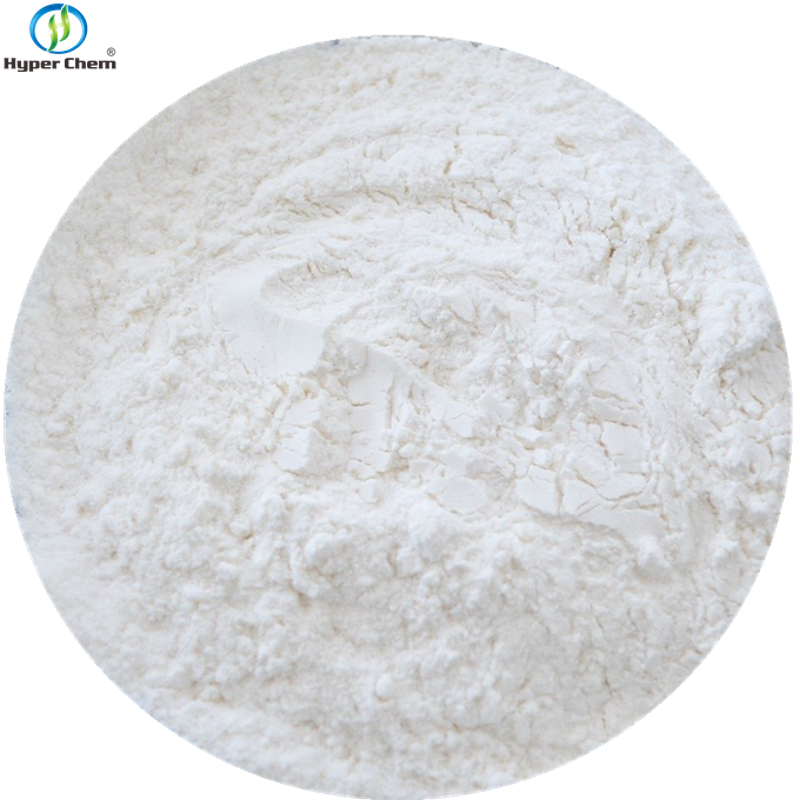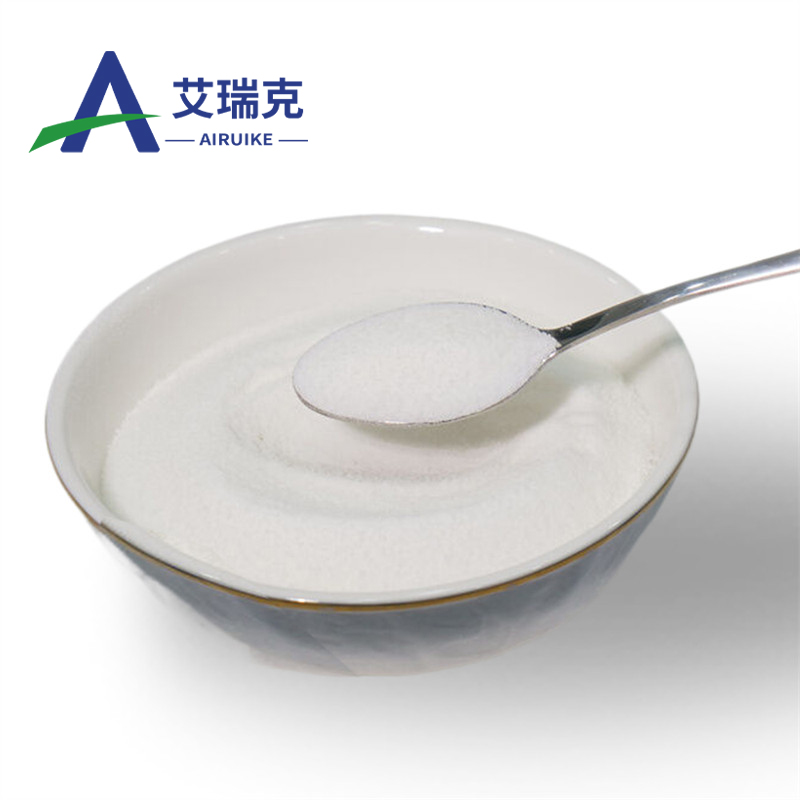-
Categories
-
Pharmaceutical Intermediates
-
Active Pharmaceutical Ingredients
-
Food Additives
- Industrial Coatings
- Agrochemicals
- Dyes and Pigments
- Surfactant
- Flavors and Fragrances
- Chemical Reagents
- Catalyst and Auxiliary
- Natural Products
- Inorganic Chemistry
-
Organic Chemistry
-
Biochemical Engineering
- Analytical Chemistry
-
Cosmetic Ingredient
- Water Treatment Chemical
-
Pharmaceutical Intermediates
Promotion
ECHEMI Mall
Wholesale
Weekly Price
Exhibition
News
-
Trade Service
Stroke is known as the "number one killer of human health", commonly known as "stroke", and the clinical manifestations are mainly characterized
by sudden coma, unconsciousness or sudden appearance of crooked mouth and eyes, hemiplegia, and intellectual disability.
Cerebral stroke includes ischemic stroke (transient ischemic attack, atherosclerotic thrombotic cerebral infarction, lacunar cerebral infarction, cerebral embolism) and hemorrhagic stroke (cerebral hemorrhage, subarachnoid hemorrhage), is a high prevalence, high morbidity, high mortality and high disability rate of "four high" diseases, not only to individuals, families, society brought heavy burden, but also patients after the treatment of the disease often spent a lot of manpower, material resources, financial resources, the effect is still unsatisfactory
.
Stroke is completely preventable, but aging, low activity, smoking and fast food have accelerated the growing prevalence of stroke, heart disease, diabetes and vascular cognitive impairment, making stroke the second leading cause of death after ischaemic heart disease and the leading cause
of serious disability.
Without intervention, the number of people suffering from stroke will increase
dramatically.
Conversely, if existing knowledge is applied for early intervention, half of the population will be saved from stroke
.
Prevention is the most worthwhile, especially in developing countries, and it is necessary to encourage healthy lifestyles and the use of effective drugs in primary and secondary prevention, but the most critical thing is to master the screening items for cerebrovascular disease for early detection and early prevention
.
First, brain parenchymal examination
1.
Cranial CT: is an important imaging diagnostic method, with the advantages of fast speed and fast imaging, and can find a variety of diseases: brain trauma, skull fracture, intracranial hematoma, cerebral infarction, cerebral hemorrhage, subarachnoid hemorrhage, brain tumor, encephalitis, etc
.
For intracerebral hemorrhage, it is better than MRI
.
2.
Cranial MRI: with higher image resolution, clearer
.
CT is preferred for
brain tumors, encephalitis, white matter lesions, congenital cerebrovascular malformations, and early infarction of the brainstem and cerebellum.
Disadvantages: there are magnets in the body that cannot be done (pacemakers, prosthetic valves, electronic cochlear ears), loud noise, claustrophobia patients can not do
.
Second, vascular system examination
1.
Vascular ultrasound (carotid artery, renal artery, abdominal aorta, lower limb artery): is a commonly used means of examining blood vessels in clinical practice, is an ultrasound diagnostic technology developed by applying the Doppler principle, can observe occlusive diseases and stenosis diseases and dilated diseases of arteries and veins, and provide valuable diagnostic data
for the diagnosis and treatment of diseases.
2.
Transcranial Doppler (TCD): check the functional status and blood flow of
the cranial cerebral blood vessels.
For early screening
for vascular disease.
3.
Arteriosclerosis detection: early detection, early detection, early diagnosis and early treatment
of cardiovascular and cerebrovascular diseases.
Merit:
(1) Rapidity: 3 minutes can detect the degree of hardening and narrowing of
blood vessels.
(2) Non-invasive: automatically complete the determination
of all operations.
(3) Accuracy: high-precision measurement and high repeatability
.
(4) Convenience: simple operation, clear and easy to understand
.
4.
Head CTA: intravenous contrast to specifically show blood vessels
.
Examination of blood vessels is used to determine the location and extent of
cerebrovascular lesions.
5.
Cerebral angiography: invasive examination, admission to the hospital and signing of the informed consent form
for surgery.
Cerebral angiography is considered the "gold standard" for cerebrovascular disease examination, and is used for the qualitative diagnosis
of aneurysms and arteriovenous malformations.
It has high diagnostic value for ischemic cerebrovascular disease and provides treatment decisions
for cerebrovascular stent implantation.
Third, the daily prevention of cerebrovascular disease
● Reduce your daily sodium intake
WHO recommends that adults consume no more than 5 grams
of salt per day.
● Control weight in a healthy range
Use body mass index (BMI) as a criterion to judge
.
BMI (kg/m2) = weight (kg) / height 2 (m2).
BMI should be kept in the range of
18.
5~24kg/m2.
● Physical exercise
After the doctor's assessment and guidance, when the physical condition permits, moderate intensity physical exercise of at least 30 minutes 5 times a week, such as walking, dancing, doing exercises, etc.
, is acceptable
.
● Quit smoking and limit alcohol
People with high blood pressure are at increased risk of cardiovascular disease, and quitting smoking can help reduce the risk of
cardiovascular disease.
Patients with high blood pressure are advised not to drink alcohol
.
If you drink alcohol, you should choose low alcohol in small amounts and avoid highly strong alcohol
.
● Keep a calm mind
Nervous stress activates the sympathetic nerves and raises blood pressure
.
Long-term, excessive psychological reactions, especially negative ones, can also significantly increase the risk of
cardiovascular disease.
Therefore, it is also important to
keep a calm mind.
Meinian Health released the country's first innovative product for early screening of brain health "Brain Ruijia"
Recently, Meinian Health Group released the country's first multi-dimensional brain health risk intelligent assessment product - "Brain Ruijia"
.
"Brain Ruijia" products summarize brain imaging, genetic inheritance, molecular metabolism, behavioral characteristics, living habits and other physical examination data, establish a vertical database of personal brain health, and apply artificial intelligence algorithms and big data risk calculation to evaluate brain function damage, dementia risk and stroke risk by
applying multi-scale, multi-modal and multi-angle detection information.
"Brain Ruijia" can prompt early warning signals to physical examiners, locate high-risk factors, and formulate brain health management plans, so as to carry out targeted intervention and management
of brain health.
"Brain Ruijia" includes two products, brain cognitive risk intelligence assessment and stroke risk intelligence assessment, mainly for the early screening
of Alzheimer's disease (mainly Alzheimer's disease) and stroke (mainly ischemic stroke).
Stroke risk intelligent assessment products, testing items include: brain health self-measurement table, carotid plaque MRI, stroke risk and plaque stability assessment, APOE gene testing, folic acid metabolism assessment, general examination, blood glucose and lipid detection, etc
.
Combining more than 30 dimensions of physical examination indicators, combined with quantitative analysis technology of vascular morphology and plaque, the risk
of stroke in the next ten years was calculated.
"Brain Ruijia" stroke risk special intelligent assessment product
Core checks include:
1.
Stroke risk self-measurement table:
The physical examiner's previous disease history, family history, smoking history, drinking history, exercise status, eating habits, etc.
were analyzed, cardiovascular and cerebrovascular risk and cognitive status were preliminarily assessed, and comprehensive evaluation was carried out in combination with the Cog-12 scale and sleep scale of the cognitive impairment evaluation
table.
It is easy to operate and can be carried out
online.
2.
Carotid plaque MRI:
Carotid artery wall imaging scan to quantify carotid artery plaque and comprehensively assess stroke risk
.
MRI scanning is radiation-free, non-invasive and convenient
.
3.
Stroke risk assessment:
Combined with more than 30 dimensional information such as MRI, blood routine, genes, and scales, the risk
of stroke for more than 10 years was calculated.
4.
APOE genetic testing:
APOE gene polymorphisms are closely related to ischemic stroke, and the detection of apolipoprotein E gene (APOE) is typed to predict the risk
of stroke from the genetic direction.
5.
Evaluation of folic acid metabolism:
Studies have shown that the high incidence of stroke is due to folate deficiency and high HCY, assessed
in combination with folic acid and HCY indicators.
Applicable people:
Family history of cardiovascular and cerebrovascular diseases
Three high crowds
People with carotid plaque
People who socialize frequently and eat irregularly
Obese people
People with heart disease, atrial fibrillation, coronary heart disease







